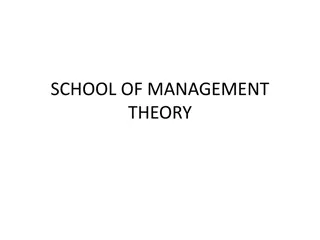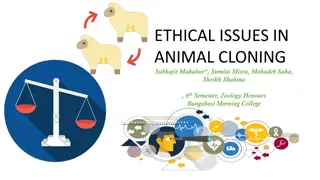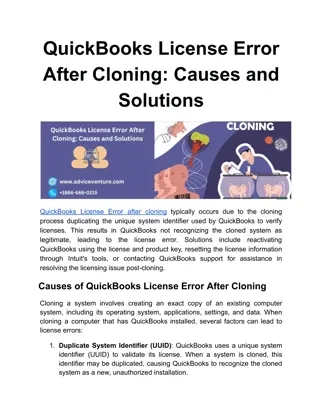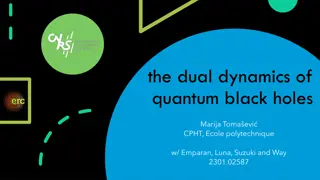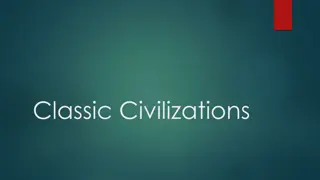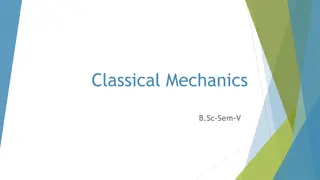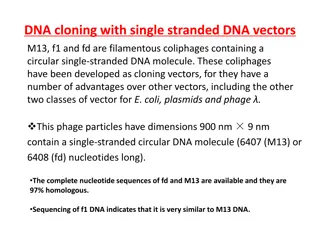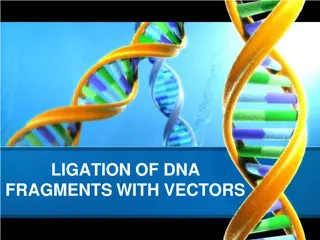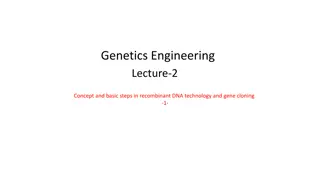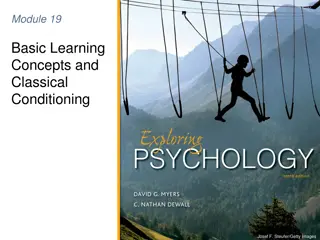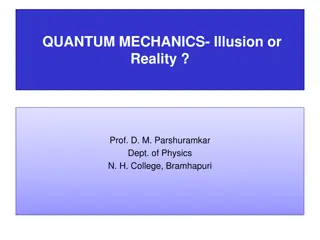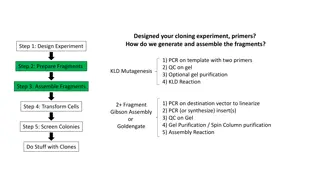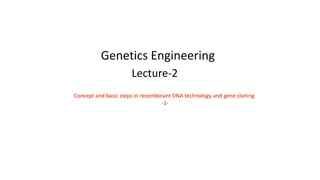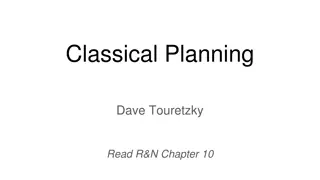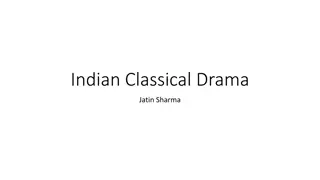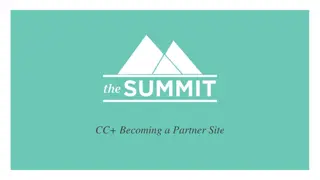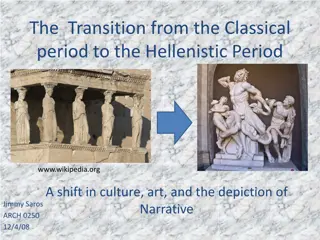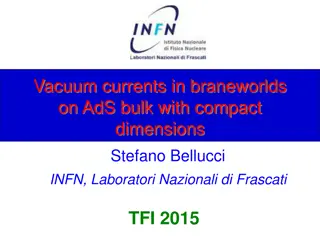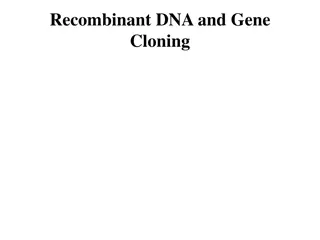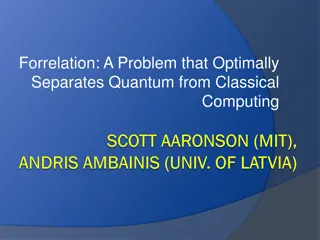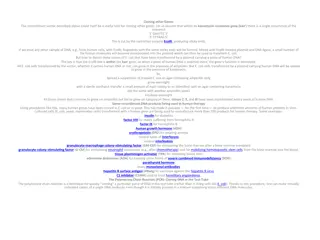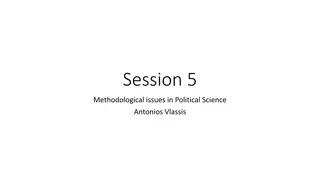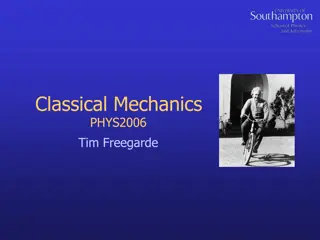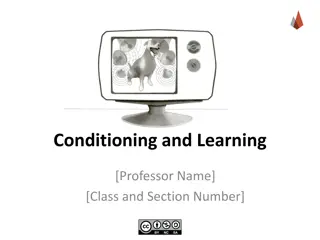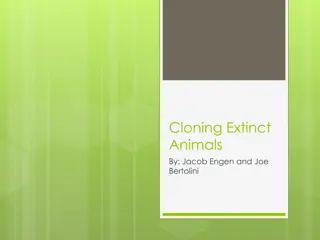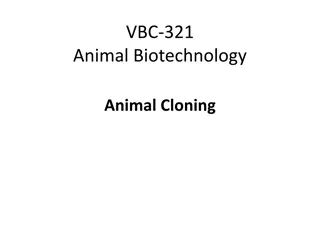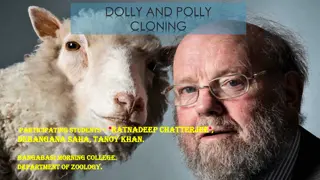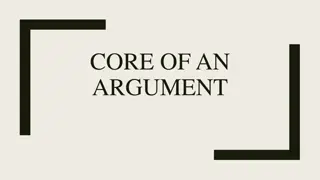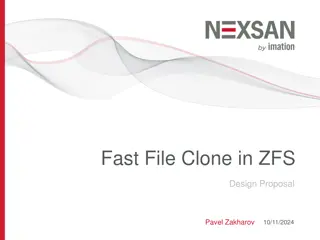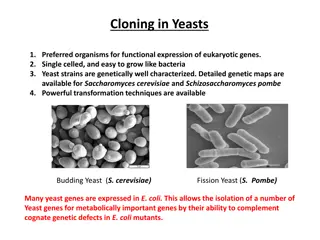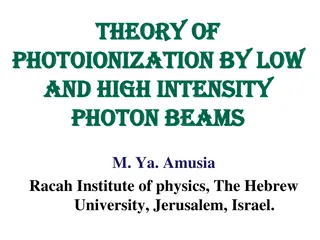Coins of Early and Classical Athens
Explore the evolution of Athenian coinage from early to classical times, reflecting civic values and community identity through silver currency. Discover the rich history and significance of these ancient coins.
1 views • 29 slides
Evolution of Management Theories: Classical Approach and Scientific Management
Explore the evolution of management theories focusing on the Classical Approach and Scientific Management. The Classical Approach emphasizes efficiency and specialization, while Scientific Management introduced systematic methods to increase productivity. Learn about key figures like Frederick Winsl
6 views • 31 slides
QuickBooks License Error After Cloning A Comprehensive Guide
If you have encountered a license error in QuickBooks after cloning your system, you are not alone. This issue can cause disruptions and inconvenience in your workflow. But don't worry, we have a comprehensive guide that provides effective solutions to help you troubleshoot and resolve this problem
6 views • 3 slides
Exploring Ethical Issues in Animal Cloning and its History
Animal cloning involves creating genetically identical replicas of cells or organisms, with advancements being made in therapeutic cloning and gene cloning. The history of animal cloning dates back to the successful cloning of sheep like Dolly in 1996. The cloning procedure involves collecting cells
0 views • 21 slides
QuickBooks License Error After Cloning_ Causes and Solutions
QuickBooks License Error after cloning typically occurs due to the cloning process duplicating the unique system identifier used by QuickBooks to verify licenses. This results in QuickBooks not recognizing the cloned system as legitimate, leading to the license error.
3 views • 5 slides
Exploring Quantum Black Holes: Dual Dynamics and Brane Evaporation
Exploring the dual dynamics of quantum black holes reveals new perspectives on black hole evaporation. By placing black holes on branes, we can study their classical picture in higher dimensions. This approach provides insights that were previously unattainable, leading to a better understanding of
1 views • 28 slides
Understanding Classical Civilizations: Timeline Analysis and Periodization
Explore the concept of periodization by creating a timeline of significant life events and categorizing them into distinct periods. Learn about classical civilizations, time periods, and the process of dividing history into eras. Dive into the Classical Age and its contributions to human development
1 views • 24 slides
Understanding Classical Mechanics: Variational Principle and Applications
Classical Mechanics explores the Variational Principle in the calculus of variations, offering a method to determine maximum values of quantities dependent on functions. This principle, rooted in the wave function, aids in finding parameter values such as expectation values independently of the coor
0 views • 16 slides
Diverse Music Traditions of India - Classical to Folk
Explore the rich musical heritage of India, encompassing classical Carnatic and Hindustani music, folk melodies, film songs, and pop music. Learn about the intricate nuances of Indian classical music, its historical evolution, and the variety of genres within the music landscape of the country.
0 views • 8 slides
Understanding DNA Cloning with Filamentous Coliphages
Filamentous coliphages M13, f1, and fd are utilized as cloning vectors due to their circular single-stranded DNA molecules and advantages over other vectors. These phages have dimensions of 900 nm x 9 nm and infect bacteria through F pili, releasing up to 1000 phage particles per cell per generation
0 views • 17 slides
Understanding DNA Ligation Techniques for Molecular Biology Applications
DNA ligation involves joining DNA fragments to vectors to create new DNA or plasmids. Methods include DNA ligase, T4 ligase, and terminal deoxynucleotidyl transferase. Linkers and adaptors play a key role in DNA cloning experiments by generating sticky ends for DNA cloning. The use of adaptors allow
1 views • 13 slides
Understanding Recombinant DNA Technology and Cloning Vectors in Genetics Engineering
Exploring the fundamentals of recombinant DNA technology and gene cloning, this content delves into the key concepts and basic steps involved. It covers various cloning vectors such as plasmids, bacteriophages, and artificial chromosomes, highlighting their common features and applications in geneti
0 views • 12 slides
Examples of Classical and Operant Conditioning
Robert receiving a ticket for driving under the influence illustrates operant conditioning with negative punishments, while Chris being afraid of dogs after being bitten showcases classical conditioning with stimulus generalization. Jacob's joy from smelling his date's cologne demonstrates classical
1 views • 9 slides
Understanding Basic Learning Concepts and Classical Conditioning
Acquiring new information and behaviors through experience is known as learning. One common way we learn is through associative learning, where we connect certain events together. This process can take the form of classical conditioning, where stimuli evoke automatic responses, or operant conditioni
1 views • 14 slides
Exploring Quantum Mechanics: Illusion or Reality?
Delve into the fascinating realm of quantum mechanics with Prof. D. M. Parshuramkar as he discusses the contrast between classical and quantum mechanics. Discover how classical mechanics fails to predict the behavior of electrons in atoms and molecules, leading to the development of quantum mechanic
0 views • 70 slides
Cloning Experiment Overview and Procedures
The cloning experiment involves designing primers, generating and assembling fragments through PCR, gel purification, and KLD reaction. Further steps include fragment preparation, assembly, cell transformation, colony screening, and working with clones. Detailed instructions for KLD mutagenesis, QC
0 views • 11 slides
Understanding Cloning Vectors and Recombinant DNA Technology
Genetics Engineering Lecture-2 delves into the concept and basic steps of recombinant DNA technology and gene cloning, highlighting different types of cloning vectors like plasmids, bacteriophages, bacterial artificial chromosomes, yeast artificial chromosomes, and mammalian artificial chromosomes.
1 views • 13 slides
Understanding Classical Planning in Artificial Intelligence
Classical planning in AI involves problem-solving with defined states, actions, preconditions, and effects. This text explores the concept of planning, classical planning characteristics, and provides examples such as the rocket problem with optimal and suboptimal plans.
0 views • 38 slides
Insights into Indian Classical Drama and Literature
Explore the rich tradition of Indian classical drama and literature, from its origins in Ujjain during the Gupta period to the classification of major and minor dramas. Learn about the components of a classical Sanskrit drama, such as the plot, characters, sentiments, acting, and more. Delve into th
1 views • 9 slides
Classical Conversations Plus Program Overview
Explore Classical Conversations Plus program partnership opportunities, including the SEU partnership for homeschool students in grades 11-12. Learn about the administrative team, benefits, courses, and the Classical Christian education background rooted in the Western tradition. Discover how parent
0 views • 11 slides
Transition from Classical to Hellenistic Period: Art and Narratives
The evolution from the Classical period to the Hellenistic period in Ancient Greece brought significant shifts in culture, art, and storytelling. Classical art focused on idealized human forms and naturalistic poses, while Hellenistic art embraced more dramatic expressions and emotions. The narrativ
0 views • 23 slides
Understanding Vacuum Fluctuations in Quantum and Classical Physics
Explore the intriguing concept of vacuum fluctuations in both classical and quantum physics, delving into their experimental effects and significance. From classical interpretations of empty space to quantum field theory's zero-point fluctuations, discover how vacuum properties influence particle in
0 views • 38 slides
Understanding Recombinant DNA and Gene Cloning
Recombinant DNA is artificially created by combining DNA from multiple sources into a single molecule. This process involves treating DNA with restriction endonucleases, such as BamHI, which cut at specific sites, resulting in sticky ends that can base pair with complementary DNA molecules. DNA liga
0 views • 33 slides
Quantum vs. Classical Computing: Exploring Forrelation Problem
Delve into the world of quantum and classical computing with the Forrelation problem that optimally separates the two realms. From Fourier correlations to quantum algorithms and classical lower bounds, explore the intricacies of distinguishing between quantum and classical computation through variou
0 views • 29 slides
Cloning Other Genes and Recombinant DNA Technology
The recombinant vector with a kanamycin resistance gene can be used to clone other genes by inserting human DNA fragments and selecting transformed E. coli cells. This technique has enabled the production of various human proteins for therapeutic purposes, such as insulin, growth hormones, and clot-
0 views • 6 slides
The Logical Structure of Classical and Quantum Mechanics
The paper explores the common logical structure shared between classical and quantum mechanics, emphasizing the non-distributive lattice embedded in a distributive one. It discusses how all physical theories must adhere to this structure, incorporating topology, Heyting algebra, Boolean algebra, and
1 views • 36 slides
Proximity Card Security_ Best Practices for Preventing Cloning and Tampering
Discover effective strategies to prevent cloning and tampering of proximity cards, ensuring your security remains intact.
1 views • 5 slides
Basics of Learning: Classical and Operant Conditioning Overview
Types of learning include classical conditioning, operant conditioning, and observational learning. Classical conditioning involves pairing a neutral stimulus with a meaningful one to elicit a response. Operant conditioning focuses on how consequences influence behavior. Terminology like UCS, UCR, N
0 views • 66 slides
Understanding Classical Marxism: Key Concepts and Critiques
Marxism, rooted in the ideas of Karl Marx, emphasizes the significance of economic relations in shaping social and political structures. Classical Marxism focuses on economism, determinism, materialism, and structuralism, viewing history through a lens of class struggle and offering an emancipatory
0 views • 21 slides
Exploring Classical Mechanics in Physics
Delve into classical mechanics with topics ranging from helicopter dynamics and bicycle dynamics to inclined planes and the principles of Newton's laws of motion. Learn about the unique characteristics of instruments like the pianoforte and the foundational principles governing linear and angular mo
0 views • 14 slides
Understanding Classical Conditioning: Pavlov's Experiment and Responses
Explore the principles of classical conditioning through Pavlov's experiment, including the types of responses like conditioned emotional reactions. Learn about the components of classical conditioning such as unconditioned stimulus and response, conditioned stimulus and response, and how the proces
0 views • 42 slides
Decoding Cloning Extinct Animals: Pros, Cons, and Methods
Delve into the fascinating world of cloning extinct animals presented by Jacob Engen and Joe Bertolini. Explore the reasons for and against reviving these creatures, alongside the challenges and methods involved in the cloning process, including the ethical implications and potential environmental i
0 views • 5 slides
Applications of Transgenic Animals in Biotechnology and Cloning
Cloning in animals offers the advantage of indefinite duplication of elite genotypes without the genetic risks of meiosis. Transgenic animals, genetically modified to carry foreign genes, play a crucial role in genetic research and the development of livestock with desired traits. Methods like DNA m
0 views • 13 slides
The Fascinating World of Cloning: From Dolly the Sheep to Genetic Replication Techniques
Cloning is the process of creating genetically identical organisms, either naturally or artificially. This article delves into the various techniques of cloning such as gene cloning, reproductive cloning, and therapeutic cloning. It also highlights the groundbreaking story of Dolly the sheep, the fi
0 views • 17 slides
Crafting a Persuasive Classical Argument
Crafting a persuasive classical argument involves following a structured approach that includes grabbing the reader's attention in the introduction, presenting the writer's position with reasons and evidence, summarizing and critiquing alternative views, and concluding with a strong final impression
0 views • 30 slides
Understanding Conservation Principles in Fluid Dynamics and Classical Mechanics
Conservation principles play a significant role in fluid dynamics and classical mechanics. In fluid dynamics, conservation of mass, momentum, and energy are crucial for understanding fluid behavior. Classical mechanics, on the other hand, relies on Newton's laws to describe motion and energy conserv
0 views • 46 slides
Aggressive Cloning of Jobs for Effective Straggler Mitigation
Small jobs are increasingly important in big data processing systems, but are particularly sensitive to stragglers. Various straggler mitigation techniques like blacklisting and speculation have limitations when it comes to small jobs. A proposed solution is the proactive cloning of jobs to probabil
0 views • 20 slides
Fast File Clone in ZFS Design Proposal Overview
This document details a proposal for implementing fast file clone functionality in ZFS, allowing for nearly instant file copying through referencing. The motivation behind this proposal includes support for VMware VAAI, NAS Full File Clone, and Fast File Clone to save memory and disk space. The prop
0 views • 29 slides
Understanding Cloning in Yeasts: Vectors and Selectable Markers
Yeasts like Saccharomyces cerevisiae and Schizosaccharomyces pombe are valuable organisms for eukaryotic gene expression. They offer easy growth like bacteria and are genetically well-characterized. Yeast selectable markers and vectors enable efficient cloning and expression of genes. The use of shu
0 views • 16 slides
Evolution of Photoionization Studies: From Classical Predictions to Quantum Triumph
Tracing the journey of photoionization studies from classical predictions to experimental rejections, quantum interpretations by Einstein, and current understanding through a classical approach. Highlighting key experiments, laws of photoeffect, and limitations faced in describing strong field situa
0 views • 47 slides

